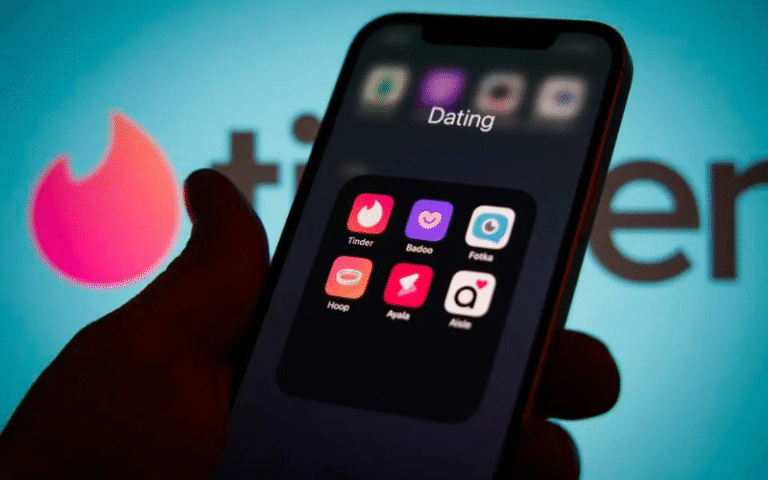Africa is fast becoming a digital powerhouse, with millions of people across the continent relying on mobile apps for communication, commerce, entertainment, learning, and more. With growing smartphone penetration and affordable internet, the average African today interacts with dozens of apps every day — from chatting with friends to running a business.
Here are some of the most used and impactful apps across Africa:
1. WhatsApp
Category: Communication
WhatsApp remains Africa’s most popular messaging app. It’s free, easy to use, and supports everything from text to voice and video calls. In many African countries, it has become the default tool for business communication, customer support, and even education.
2. Facebook
Category: Social Media
Despite newer platforms, Facebook is still widely used across Africa — especially for news, community building, and small business promotion. Many local entrepreneurs rely on Facebook pages and groups to reach customers.
3. Instagram & TikTok
Category: Entertainment/Social
Young Africans are turning to Instagram and TikTok not just for entertainment but to build brands, share culture, and even launch careers. Creators use these platforms to showcase fashion, comedy, music, food, and everyday African life.
4. YouTube
Category: Video/Content Creation
From tutorials to music videos, documentaries to comedy skits, YouTube is a major content hub. Many African creators are now earning a living from YouTube, and audiences are growing every year.
5. Twitter (X)
Category: News & Trends
Twitter is especially popular among the educated and urban youth. It’s a space for social commentary, trending news, activism, and political conversations.
6. Mobile Money Apps (M-Pesa, Opay, MoMo, PalmPay)
Category: Finance
Mobile money is transforming how Africans manage money. Apps like M-Pesa in East Africa, Opay and PalmPay in Nigeria, and MoMo across several countries, are helping people pay bills, send money, shop, and save — even without a bank account.
7. Jumia
Category: E-commerce
Often called the “Amazon of Africa”, Jumia is a leading online shopping app, providing access to electronics, fashion, groceries, and more across multiple countries.
8. Bolt & Uber
Category: Transportation
Ride-hailing apps like Bolt and Uber have become part of daily commuting in urban cities like Lagos, Nairobi, Johannesburg, and Accra. They are fast, convenient, and often safer alternatives to local taxis.
9. Google Apps (Search, Maps, YouTube, Translate)
Category: Utility
Google’s ecosystem of apps plays a vital role in how Africans access information. Google Maps helps people navigate unfamiliar places, while Translate breaks language barriers in multilingual environments.
10. EduTech & Health Apps (uLesson, Coursera, Healthlane)
Category: Learning & Health
The rise of e-learning apps like uLesson (Nigeria), and platforms like Coursera and Khan Academy, are helping millions of students and learners. Health apps are also gaining momentum as Africans look for easier access to wellness and medical support.
Why This Matters
These apps are more than just tools; they represent Africa’s digital leap. They empower communities, bridge gaps, and open up opportunities for innovation and self-expression. As more African startups create homegrown solutions, the digital landscape will only get more exciting.
Final Thought
Africa’s digital appetite is growing — and with it, a unique way of using technology that blends creativity, resilience, and hustle. Whether you’re building an app or just downloading one, know that you’re part of a movement shaping Africa’s connected future.

